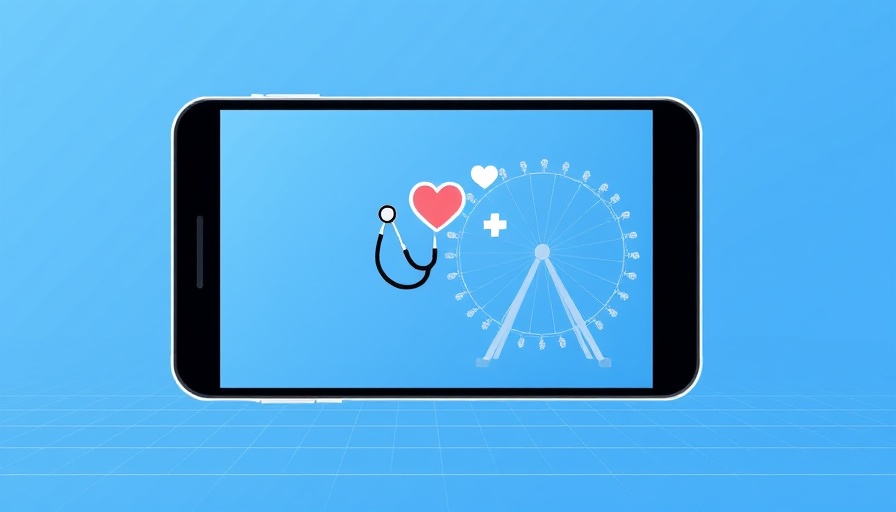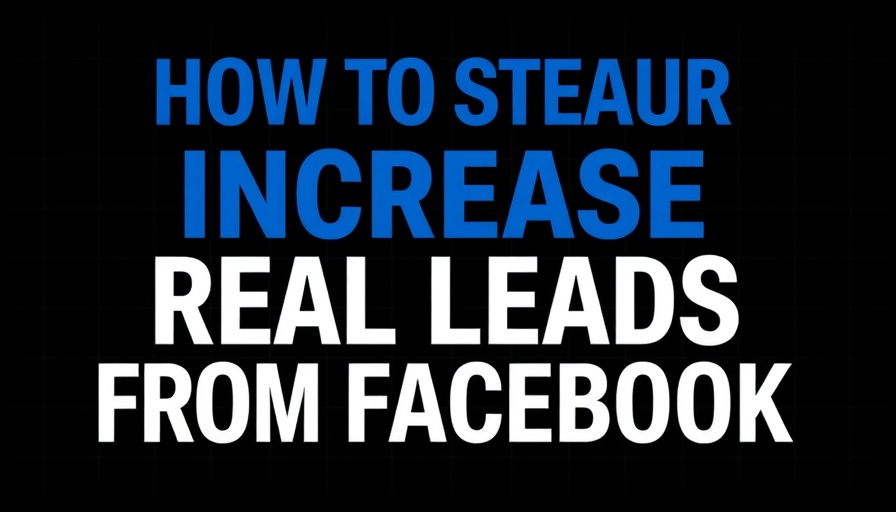
The Power of Social Media in UK Healthcare
In today's fast-paced digital world, social media isn't just for sharing cat memes or scrolling through vacation photos; it's a significant tool for healthcare organizations, particularly in the UK. Since the COVID-19 pandemic, the importance of social media strategies in healthcare has skyrocketed, transforming the way organizations communicate with the public. With the National Health Service (NHS) leading the charge, healthcare entities are harnessing social media to boost communication, raise public awareness, and improve their reputations.
The Role of Social Media in Healthcare Communication
Social media fosters a unique connection between healthcare providers and patients. It acts as a bridge for timely information, enabling individuals to access reliable health advice and support at their fingertips. For instance, during the vaccination drive in the UK, social media platforms played a crucial role in spreading accurate information, leading to over 90% of the population receiving their COVID-19 vaccines. This demonstrates the potential impact of effectively executed social media strategies.
Navigating Regulations in Social Media Marketing
However, it's not all sunshine and rainbows. In the UK, social media marketing in healthcare is maneuvered by strict regulations. For starters, organizations must adhere to GDPR—to safeguard individuals' personal and sensitive data. Personal health discussions should remain confidential and conducted in private channels, thus avoiding direct advice through public social media platforms. Further, effective social media advertising must comply with the latest NHS guidance and PMCPA (Prescription Medicines Code of Practice Authority) standards to ensure responsible communication.
Challenges and Misinformation
With great power comes great responsibility! Social media can be a double-edged sword, particularly if communication is mismanaged. A major challenge in healthcare communication on social media is the prevalence of misinformation. Some posts can lead to confusion or distrust, especially surrounding sensitive health issues. Healthcare providers need to be equipped to address false claims and negative feedback promptly to maintain credibility.
Innovative Strategies for Effective Engagement
So, how do healthcare entities conquer the world of social media? Here are some actionable insights:
- Develop a strategic social media calendar: Planning content in advance can help organizations maintain a consistent voice and engage users regularly.
- Leverage analytics tools: Understanding social media analytics is crucial for tracking engagement, audience demographics, and campaign performance. This data helps tailor future content strategies.
- Engage with user-generated content: Encouraging patients to share their stories or experiences on social media can humanize healthcare brands and foster community sentiment.
- Utilize innovative formats: Using videos, especially on platforms like Instagram and TikTok, can engage younger audiences effectively. Consider creating short, informative reels explaining health topics.
- Promote transparency: Sharing behind-the-scenes content and success stories can build trust and demonstrate authenticity.
Facebook and Beyond: Marketing Strategies that Work
When diving into specific platforms, it’s essential to adopt tailored strategies. For Facebook, creating targeted ads can enhance reach significantly. Consider experimenting with Facebook engagement tactics, such as polls or live Q&A sessions, to encourage interaction. On Instagram, implementing growth hacks, like leveraging influencer marketing or hashtag optimization, can help healthcare brands reach wider audiences. Don't forget about LinkedIn, either; it can be an excellent platform for B2B connections and professional networking!
Looking Forward: Embracing Future Social Media Trends
The landscape of social media marketing is ever-evolving. With advancements in AI and automation, future applications of social media in the healthcare sector appear promising. Organizations need to stay ahead of emerging trends, like augmented reality for patient interactions or utilizing social commerce strategies to streamline health product promotions.
In conclusion, understanding and leveraging social media strategies can profoundly affect the healthcare industry in the UK. By embracing these platforms, healthcare providers create a unique opportunity to engage with patients, share valuable information, and foster a community-oriented atmosphere. So, let’s get scrolling, strategizing, and connecting—who knows, maybe your next tweet could save a life!
 Add Row
Add Row  Add
Add 




Write A Comment